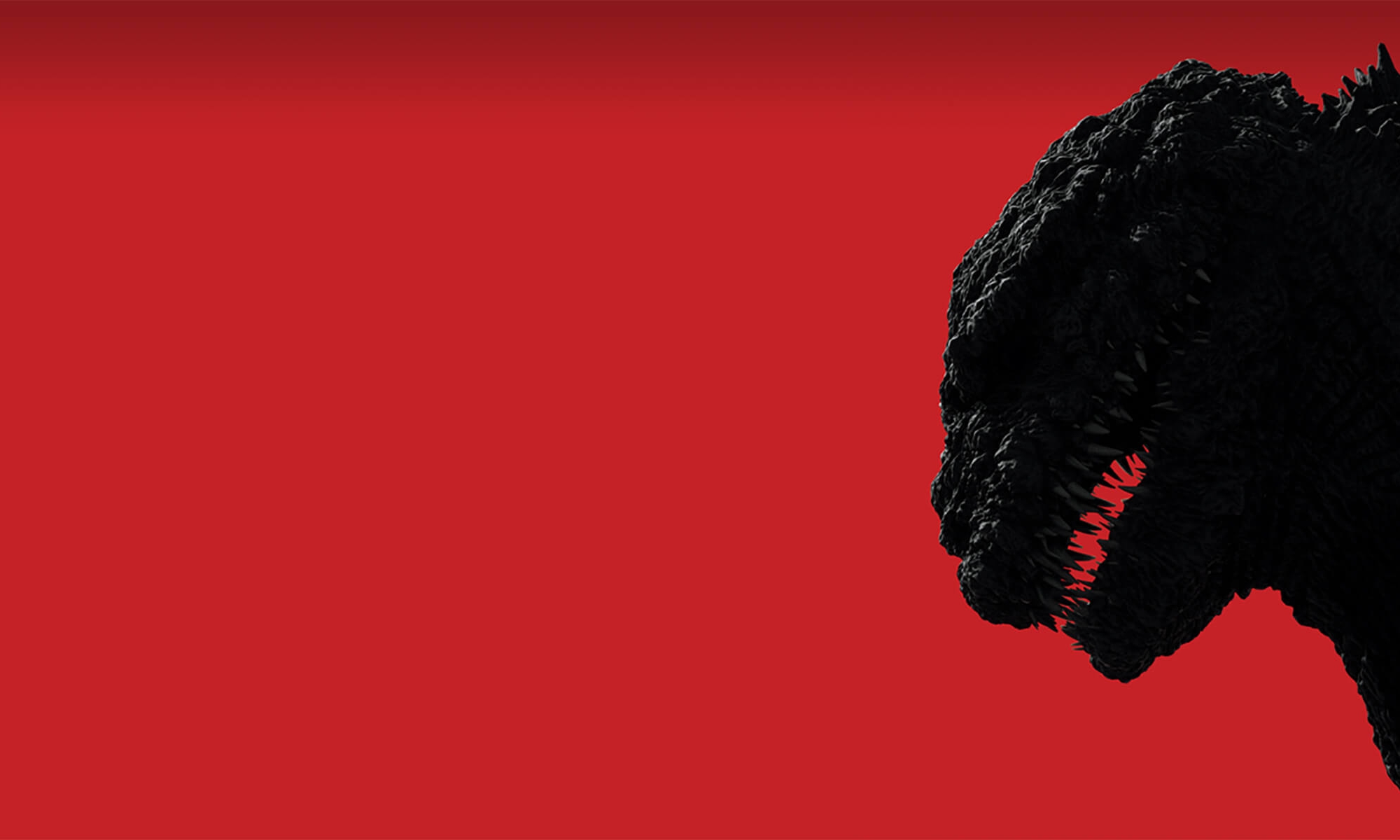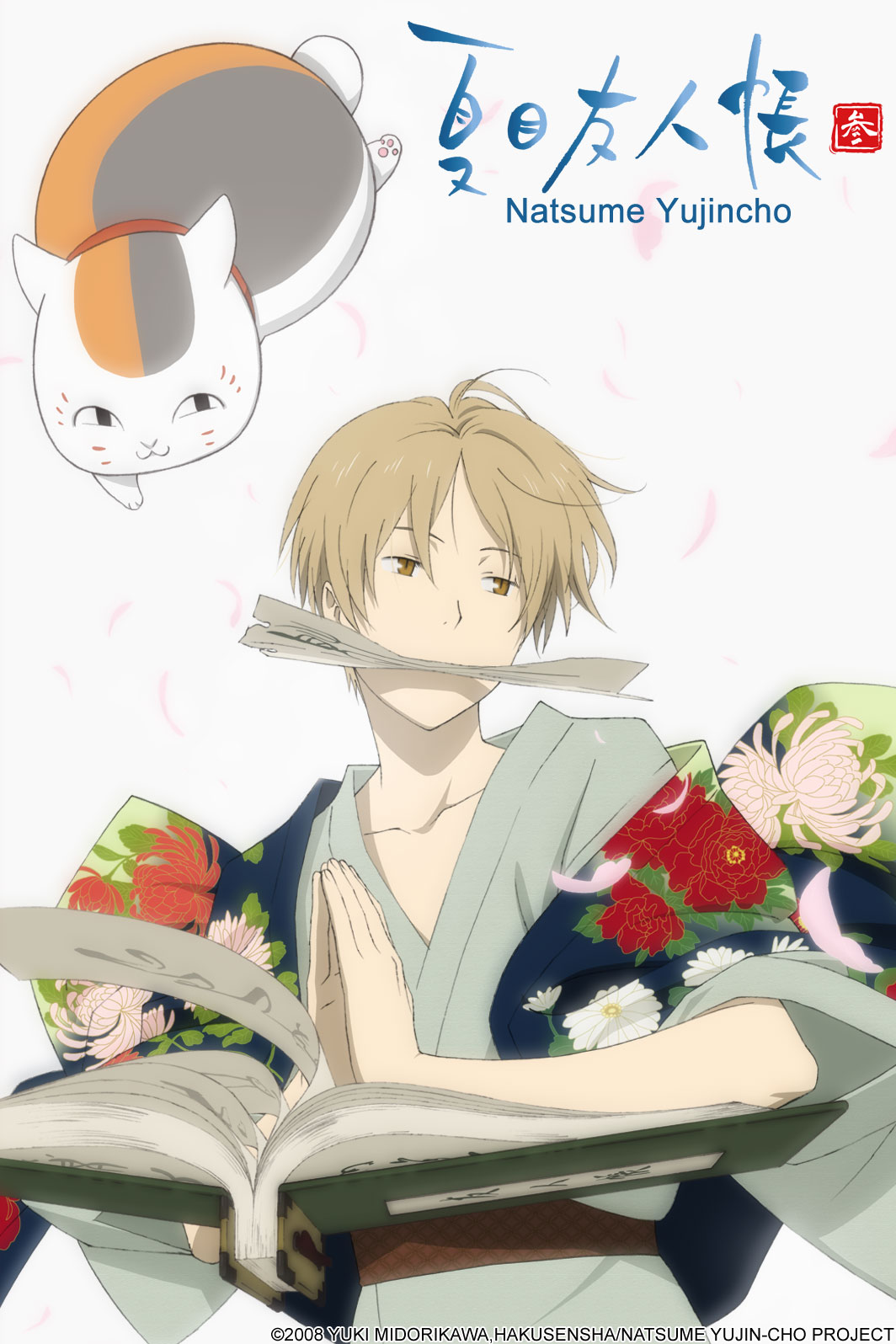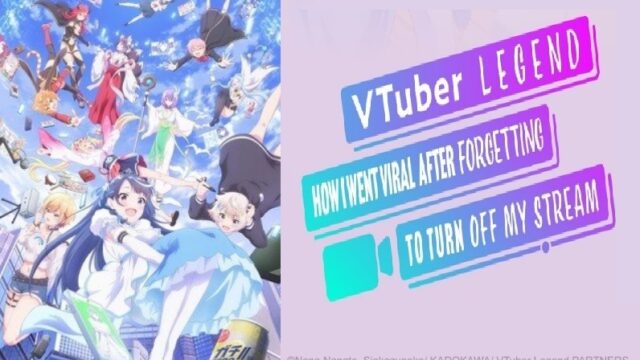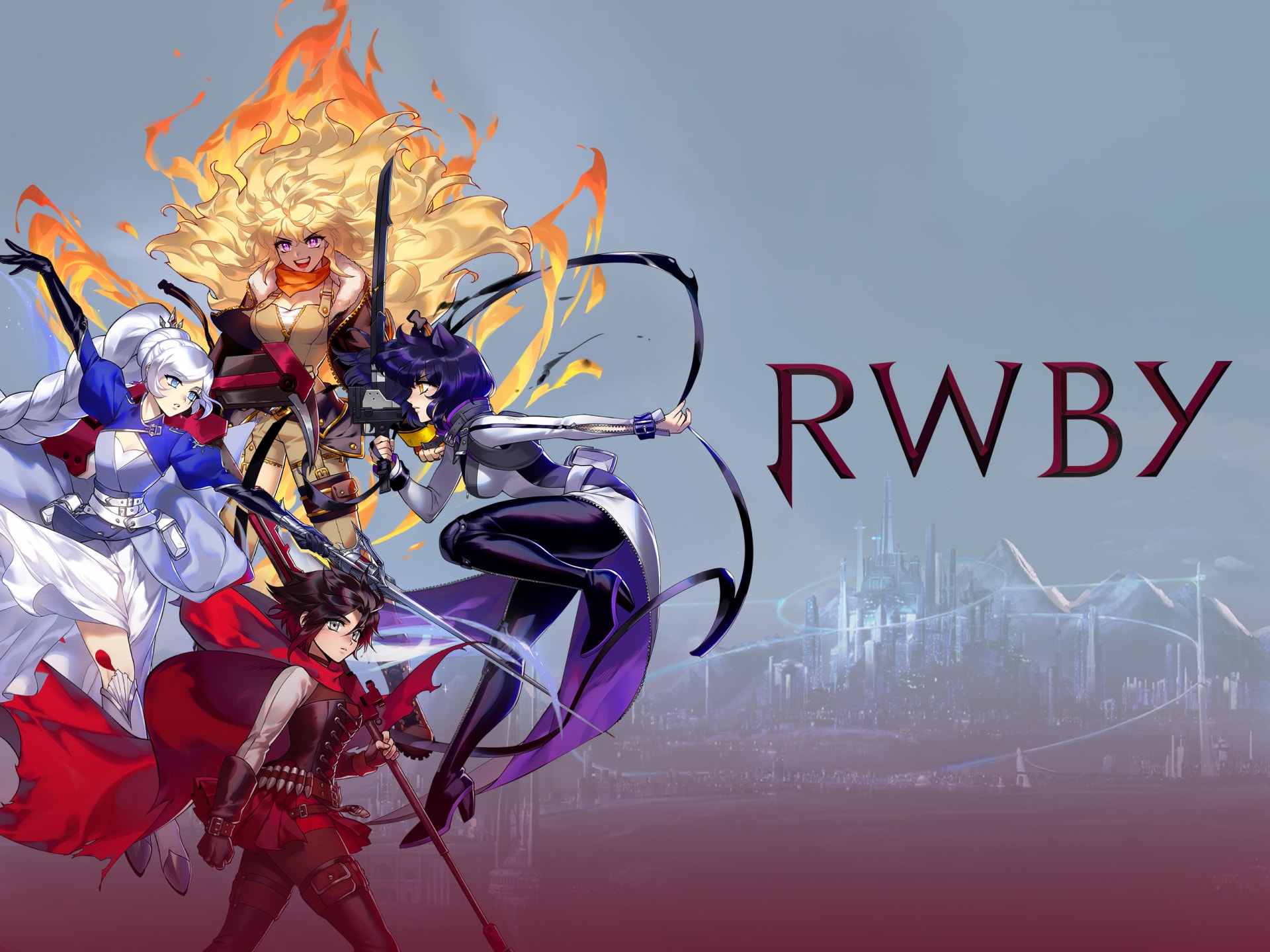English Dub Review: Shin-Godzilla
The King of Monsters is back and better than ever.
Our Take:
Shin-Godzilla takes a reboot of the familiar franchise and spins it into an entirely new monster. Unlike the Legendary counterpart that came out in 2014 by Gareth Edwards, Godzilla appears in the majority of the film, and he’s truly a contender to deal with. Hideaki Anno, who is best known for his work on Neon Genesis Evangelion, directs Shin, and turns it into a thrilling watch that’s filled with constantly increasing tension.
If you’ve watched a lot of movies in the franchise, you’d notice that most of the human protagonists tend to be either scientists or key figures regarding environmentalism. There are some brief touches to the military, namely when dealing with Godzilla, but in terms of the Japanese movies, mostly scientists and psychics (which is a mostly legitimate science in the Godzilla universe) take the center stage. This time, the focus is on the government, specifically the cabinet surrounding the prime minister. The protagonist, Yaguchi, is the Deputy Chief Cabinet Secretary, and the task force he forms to find a way to stop Godzilla. We see all the government meetings and announcement and press conferences and learn how the government works during a disaster.
Shin originally came out in 2016, and it’s hard to not see the parallels to large-scale disasters, namely the Fukushima nuclear disaster and the Tohoku tsunami, both which happened in 2011. During both of those incidents, the Japanese government received a lot of criticism on how it handled itself during a disaster, especially regarding emergency response time and the spread of misinformation. This is largely reflected in two parts specifically: the lack of information, and the backup cabinet. Especially in the early parts of the movie, most of the incident information doesn’t come from the government, but from social media. The government assurance that Godzilla doesn’t have the ability to come on land is proven quickly to be false, and after a military attack fails, the cabinet realizes that they have no idea what they’re dealing with. Despite the constant press conferences, the government isn’t discovering information fast enough to deal with the steadily increasing crisis.
The backup cabinet comes into place after Godzilla’s spinal beams end up wiping out a helicopter carrying the Prime Minister and the top cabinet members, leaving Japan effectively without an upper government. The replacement cabinet is slow, and their inability to solve the crisis gets America involved. In other words, in an instance where the government can’t properly function, there has to be some sort of efficient system in place. Shin argues that the lifetime politicians that make up the cabinet aren’t flexible enough to deal with a disaster and that more youthful, quick-thinking personnel like Yaguchi, are necessary for the continuation of the country. Godzilla dies thanks to Yaguchi’s plan, under a minute before America orders a nuclear attack on Tokyo. Truly down to the wire.
Godzilla has always been a threat, but how much of a threat he varies on the movie. He is always a walking product of nuclear radiation, but at times he’s painted positively while defending his territory from some other threat. He also shows emotion, even when playing with his son. However, Anno comes from a much more serious background, having Evangelion under his belt. Anno’s Godzilla is a super-being resulting from radiation that can evolutionarily overtake humanity. He shows no sort of emotion and is only reactive upon being severely injured. He is a purely destructive force that didn’t intentionally choose Tokyo as a target— rather, it just happened to be in his way while he was walking. He can’t be reasoned with, and so he can only be killed or driven away. This, coupled with Godzilla’s new ability to evolve into different forms and give him resistance against attacks, makes Anno’s Godzilla a very different version than his predecessors. New features like the laser spines and tail were a delightful touch. It also helps that if you’re a fan of Evangelion, some of the critical scenes are accompanied by the music from when the Angels attack.
As for the dubbing itself, it’s not poorly done, but it loses a lot of its impact. In the original, the rapid-fire talk really emphasized how short they were on time and how drastic the situation is. It’s made incredibly clear that nobody really knows how to deal with Godzilla, and with Godzilla getting more and more dangerous by the minute, Japan has a very limited timeframe to stop the threat before the world powers take action. This is shown with rushed dialogue and snappy decisions made as hastily as possible. Comparatively, in English, it feels rather slow, even if the pace of the movie doesn’t change whatsoever. The dub has to work with the same timeframe with a completely different language, and unfortunately, a fair portion of the tension is lost as a result.
Overall, Shin-Godzilla is a great film and probably ranks top three in my personal favorite Godzilla films. However, the dub fails to match up to the original thanks to issues that really can’t be helped. There’s nothing wrong with the voice acting itself, but unfortunately, the technicalities make the viewing experience a very different one. Had I been rating the original, my score would be much higher, but the dub doesn’t compare.


























Do we know if Hulu will be the only entity to have the dub, or if it will be on other platforms, too? The show in general is definitely going to be on multiple platforms.